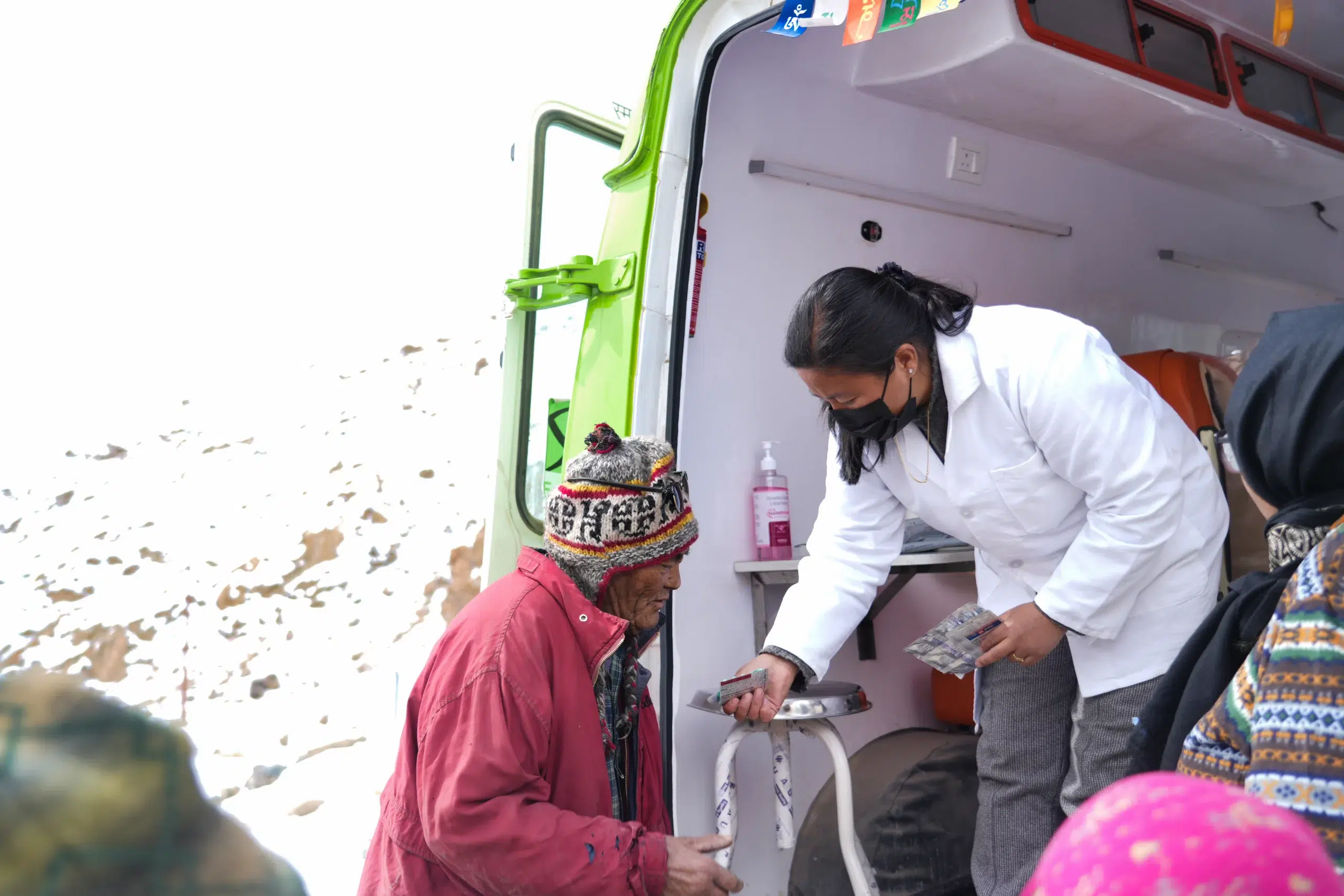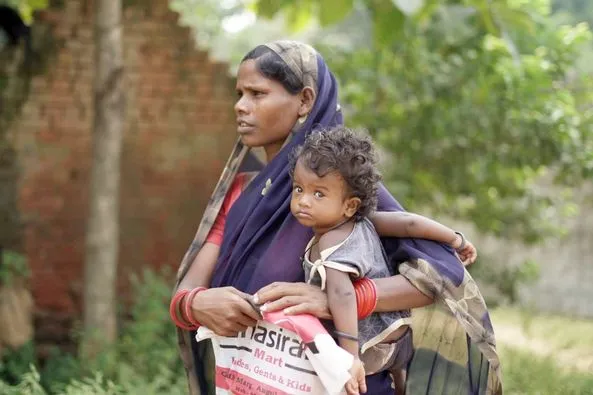As per Section 135 of the Companies Act 2013, it is mandated that companies meeting specific size and revenue criteria invest at least 2 per cent of their average net profits from the previous three annual years into Corporate Social Responsibility (CSR) projects. Introduced a decade ago, this regulation has significantly transformed the CSR landscape in our country. Companies now actively channel funds into public service projects, elevating discussions on social impact to a higher level.
Traditionally, CSR expenditure has been concentrated in six primary areas: education and skill development, healthcare, rural and urban slum development, livelihood enhancement, environmental sustainability and poverty alleviation. However, increasingly novel areas, such as gender inequality, animal rights, etc., are also being catered to via CSR projects. This shift has not only broadened the scope of CSR activities but also emphasised the role of businesses in addressing societal challenges.
Among the recent research, a 2024 study conducted by SoulAce, a prominent CSR consulting and monitoring firm, highlights the significant impact of CSR initiatives on India’s healthcare sector. As per this research, these projects have substantially alleviated the strain on public healthcare institutions and played a crucial role in fortifying India’s healthcare framework. Through investments in various healthcare-related CSR activities, companies have not only been supporting the enhancement of medical facilities and services. Still, they are also contributing to improving overall public health outcomes. This growing emphasis on CSR in healthcare underscores the evolving role of businesses in addressing critical social issues and supporting national health priorities.
A push to access and equity
India has one of the lowest healthcare expenditures as a percentage of GDP. Over the last two decades, most development with regard to healthcare facilities has taken place in the private sector or through public-private partnerships, with minimal progress in the public sector. In this context, CSR initiatives are crucial in addressing disparity in access to medical services. Despite advances in medical technology and healthcare delivery, significant gaps remain, especially in underserved and low-income areas.
CSR programmes often work to bridge these gaps by funding free clinics, providing mobile health units, or partnering with nonprofits to offer subsidised treatments. For instance, the Hyundai Motor India Foundation (HMIF) has introduced the Sparsh Sanjeevani Telemedicine Clinics in Maharashtra, creating a network of telemedicine clinics in remote areas to offer essential healthcare services. Patients can consult specialists for a nominal fee of Rs. 100, with medications provided by an in-clinic nurse. Similarly, the SBI Foundation’s Sanjeevani initiative deploys mobile medical units to deliver primary healthcare directly to rural, tribal, and remote communities. Between 2022 and 2023, the SBI Foundation rolled out 30 mobile units across seven states, improving healthcare access in these regions.
These CSR efforts go beyond merely improving access to healthcare; they play a pivotal role in promoting equity across the healthcare sector. By supporting programs that target vulnerable populations, advocating for equitable health policies and investing in research to address disparities, these initiatives contribute to greater equality in healthcare in India. A notable example herein is Tata Steel Limited’s Maternal & Newborn Survival Initiative (MANSI), which aims to reduce neonatal and infant mortality by strengthening the capacity of government health volunteers—ASHAs workers.
Overall, CSR programmes play a vital role in overcoming barriers such as cost, transportation, and service availability, ensuring that more individuals receive the care they need.
Furthering environmental sustainability in healthcare
The environmental impact of healthcare practices is coming under increasing scrutiny due to the sector’s significant carbon footprint, which includes high levels of waste generation, energy consumption, and reliance on non-renewable resources.
In India, the healthcare sector accounts for about 2 percent of global healthcare emissions, and as the country invests more in healthcare, this figure is expected to rise. Given this context, it is crucial for healthcare CSR initiatives to address sustainability concerns as well. In this case, a notable example is Apollo Hospitals, which has incorporated environmentally sustainable practices into its CSR strategy. Their green initiatives focus on reducing, reusing, and recycling medical and non-medical waste. They have implemented specialised systems for safely disposing of hazardous and biomedical waste to minimise environmental impact.
Additionally, Apollo Hospitals has adopted water conservation measures such as rainwater harvesting and wastewater recycling to reduce water wastage and promote sustainable water use in their operations. This forms a critical case study as to how CSR initiatives can promote the environmental cause while serving those in need of the right services.
Most importantly, it must be remembered that effective healthcare involves providing quality medical care and creating environments that enhance patient well-being. Several studies suggest that green buildings—designed with natural lighting, proper ventilation, and soundproofing—contribute significantly to a positive therapeutic environment. By incorporating these features, hospitals can improve patient comfort and recovery. This is how they can further strike a balanced commitment to environmental sustainability and patient care.
Forging community engagement
The right interventions can also help create community engagement by working closely with local populations to understand their specific health needs and concerns. This often includes sponsoring health education programs, supporting local health initiatives, or fostering partnerships with community-based organisations. Project Jeevan Aastha by HDFC Life Insurance Company demonstrates a comprehensive approach to community health. The initiative organises free health camps that offer essential medical screenings and consultations to people in remote and underserved areas. It also conducts workshops and educational sessions to raise awareness about preventive healthcare, hygiene, and disease management. Additionally, HDFC Life collaborates with local NGOs and healthcare providers to expand its reach and enhance its impact within specific communities.
CSR initiatives in India are addressing some key issues and will only continue to have a profound impact as they evolve. By focusing on organising free health camps, educational workshops and fostering partnerships with local organisations, these programmes not only improve immediate conditions but also foster long-term development of the country.









